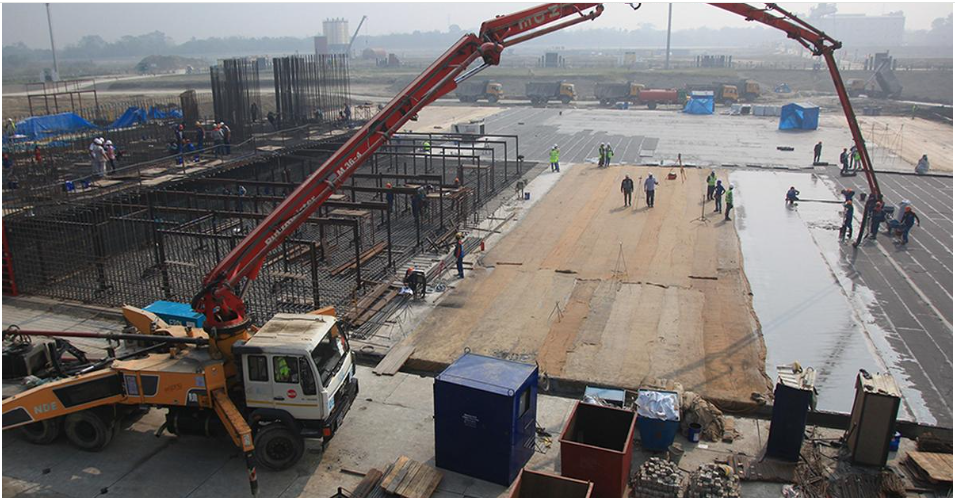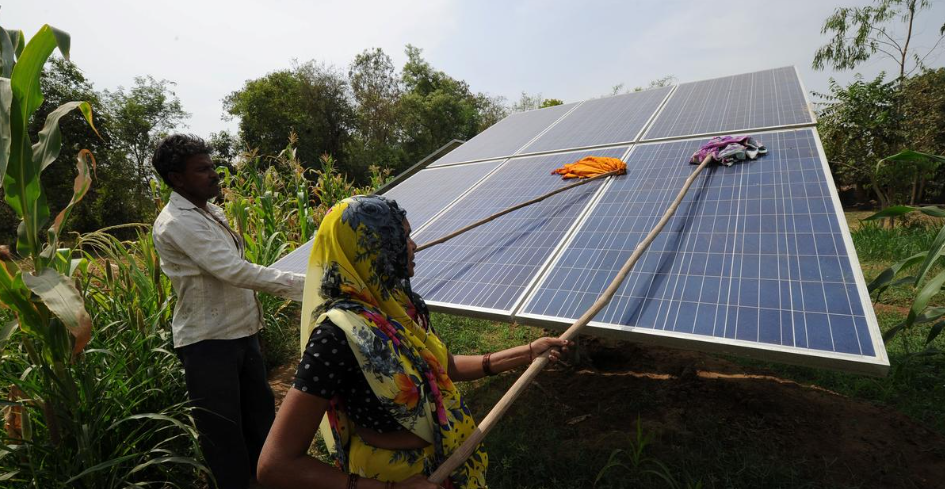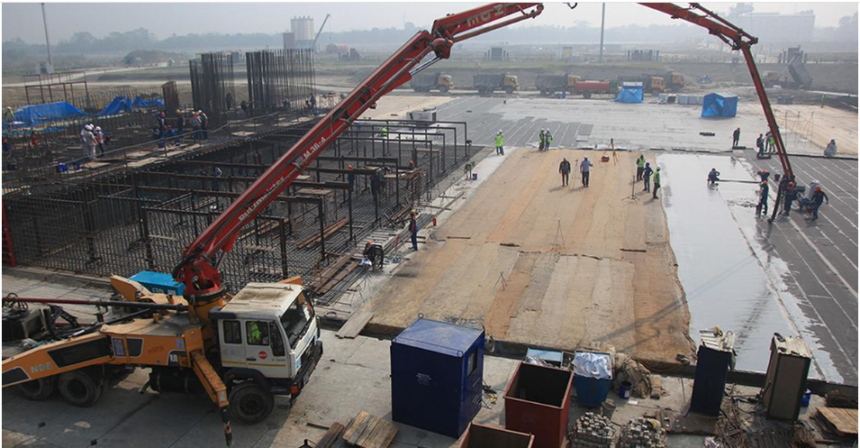Introduction
The Rooppur Nuclear Power Plant (RNPP) in Bangladesh, a flagship collaboration with Russian nuclear corporation Rosatom, has emerged as a cornerstone of the country’s energy future. Designed to meet growing energy demands and ensure long-term sustainability, the project has been hailed as a transformative step for Bangladesh’s development.
However, recent remarks by the Bangladesh Anti-Corruption Commission (ACC) regarding alleged mismanagement and potential irregularities have drawn sharp reactions from Rosatom, which labeled the statements “provocative” and reaffirmed the project’s focus on the well-being of the Bangladeshi people.
The Rooppur Nuclear Project: A Critical Milestone for Bangladesh
The RNPP, situated in Pabna District, is Bangladesh’s first nuclear power facility, with the capacity to generate 2,400 megawatts (MW) of electricity through two Russian-designed VVER-1200 reactors. Scheduled to become fully operational by the mid-2020s, it is considered a game-changer for the nation’s energy landscape.  For the more information click on this link
For the more information click on this link
Key Features of the Project:
- Technology: Equipped with advanced Generation III+ reactors, boasting enhanced safety measures and long operational life.
- Economic Impact: Expected to significantly reduce the reliance on imported fuel and boost industrial growth.
- Environmental Benefits: Will contribute to reduced carbon emissions, Rooppur Nuclear aligning with global climate commitments.
Bangladeshi Prime Minister Sheikh Hasina has termed the RNPP a symbol of the country’s leap toward energy independence and modernization.
The Role of Rosatom
Rosatom, one of the world’s largest nuclear energy companies, has been a key partner in the Rooppur project, providing financial backing, technical expertise, Rooppur Nuclear and state-of-the-art technology. With a track record of successful nuclear power projects globally, Rosatom has expressed confidence in the Rooppur plant’s ability to deliver significant benefits to Bangladesh.
Rosatom’s Director General Alexey Likhachev recently emphasized:
“This project is not just about energy generation; it is about creating jobs, enhancing technical expertise in Bangladesh, and ensuring the sustainable development of the region. The Rooppur project represents decades of innovation and a partnership built on mutual trust.”
Allegations and Provocative Statements
The controversy erupted following comments by the Bangladesh Anti-Corruption Commission regarding alleged cost overruns and the possibility of financial mismanagement in the procurement and construction phases of the RNPP. The ACC’s remarks suggested a need for greater scrutiny and accountability in project execution, sparking media debates and public concern.
Rosatom responded swiftly, issuing a strong statement labeling the allegations as “provocative” and reiterating its commitment to transparency and efficiency. The company highlighted that all procurement and construction activities have been conducted according to international standards, Rooppur Nuclear with full oversight from relevant Bangladeshi authorities.
Rosatom’s Rebuttal: Transparency and Commitment
In its defense, Rosatom outlined several key points to refute the allegations:
- Cost Justification: The project’s budget includes advanced technology and safety measures, essential for long-term efficiency and reliability.
- Auditing Mechanisms: All financial transactions are subjected to rigorous auditing, involving independent reviewers and compliance with international standards.
- Local Development: Investments have gone beyond plant construction, Rooppur Nuclear encompassing infrastructure development and skill enhancement initiatives for Bangladeshi workers.
A Rosatom representative remarked:
“Casting aspersions on a project of this magnitude without substantial evidence undermines years of effort, professionalism, and collaboration.”
Benefits of the RNPP for Bangladesh
Despite the controversy, experts agree that the Rooppur project holds immense potential to transform Bangladesh’s energy and economic landscape.
Energy Security:
Bangladesh’s rapid industrialization has spurred increasing energy demands, with existing power plants unable to meet peak loads. The RNPP will bridge this gap, providing a steady, Rooppur Nuclear reliable power supply.
Economic Boost:
By reducing dependence on imported fossil fuels, the nuclear plant is expected to save billions in energy costs while spurring investment and creating thousands of jobs.
Technological Advancement:
The RNPP offers opportunities for Bangladesh to build a cadre of skilled workers trained in nuclear technology, establishing the country as a regional leader in advanced energy solutions.
Environmental Gains:
As a carbon-neutral energy source, Rooppur Nuclear power supports Bangladesh’s commitment to achieving its climate goals under the Paris Agreement, reducing reliance on coal and gas.
Voices from Bangladesh
The RNPP has received support from several quarters within Bangladesh, Rooppur Nuclear with officials and analysts emphasizing its long-term benefits.
Energy Ministry officials have reassured the public of their diligence in overseeing the project and ensuring its success. Energy Secretary Habibur Rahman stated:
“Rooppur is central to our energy strategy. All concerns raised will be addressed transparently and collaboratively with our Russian counterparts.”
Meanwhile, independent energy analysts have called for balanced discussions that focus on constructive dialogue rather than sensationalism.
Concerns Raised by Critics
While the RNPP has garnered widespread support, concerns over safety, Rooppur Nuclear transparency, and cost-effectiveness persist.
- Safety:
Given that nuclear technology involves inherent risks, critics have questioned Bangladesh’s preparedness to manage emergencies and ensure long-term waste disposal. - Training and Workforce:
Skeptics argue that despite training initiatives, local expertise may remain insufficient to operate and maintain the plant effectively. - Debt Implications:
The significant Russian loans financing the project have drawn scrutiny, Rooppur Nuclear with critics cautioning against potential debt burdens in the future.
International and Regional Implications
The successful completion of the RNPP will elevate Bangladesh’s standing in South Asia as a pioneer of nuclear energy, a status currently held by only a few countries in the region.
Geopolitical Implications:
Russia’s involvement underscores its strategic interest in expanding influence through technological partnerships. Simultaneously, Rooppur Nuclear other nations will closely monitor Bangladesh’s ability to harness nuclear energy for peaceful purposes.
Economic Ripple Effects:
Neighboring nations may seek to emulate Bangladesh’s transition to nuclear energy, Rooppur Nuclear opening doors for regional cooperation in energy and technology sharing.  For the more information click on this link
For the more information click on this link
Ensuring Success: Steps Forward
To navigate current controversies and ensure the RNPP’s success, several measures are essential:
- Enhanced Oversight:
Independent monitoring mechanisms involving Bangladeshi and international experts can boost public confidence. - Community Engagement:
Educating local communities about nuclear safety and economic benefits can alleviate concerns and garner grassroots support. - Government Transparency:
Regular updates and audits of the project’s financial and operational progress will address doubts and reaffirm commitment to accountability.
Conclusion: A Project for the People
The Rooppur Nuclear Power Plant embodies a bold vision for Bangladesh’s energy future, aiming to meet the demands of a rapidly developing nation while fostering sustainability and innovation.
Despite challenges and controversies, Rosatom and the Bangladeshi government remain committed to delivering a project that prioritizes the well-being of its people. The RNPP represents not just a power plant, but a symbol of collaboration, resilience, and ambition—a project that, when completed, could redefine Bangladesh’s economic and energy trajectory for decades to come. ALSO READ:-Biden Signs Defense Bill Amid Controversy Over Ban on Transgender Health Care for Military Children 2024






29303 windshield repair near me
29307 back glass replacement
29303 auto glass technician
windshield repair near me 29305
windshield chip repair 29303
You’ve outdone yourself with this one.
This post really exceeded my expectations.
This is exactly the energy I needed today!
This lit a fire in me — THANK YOU for this energy!
Your voice is so lively and fun — amazing work!